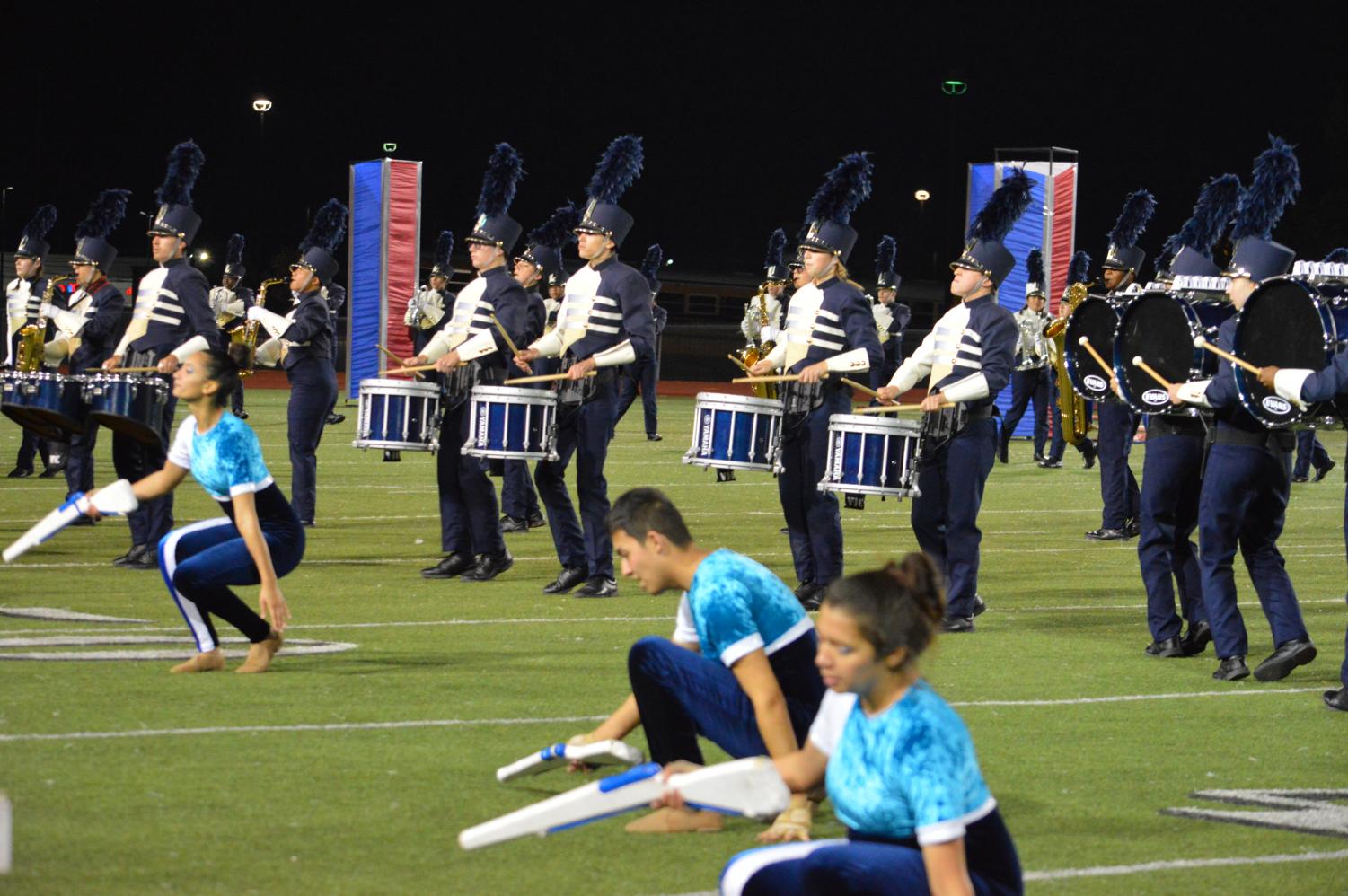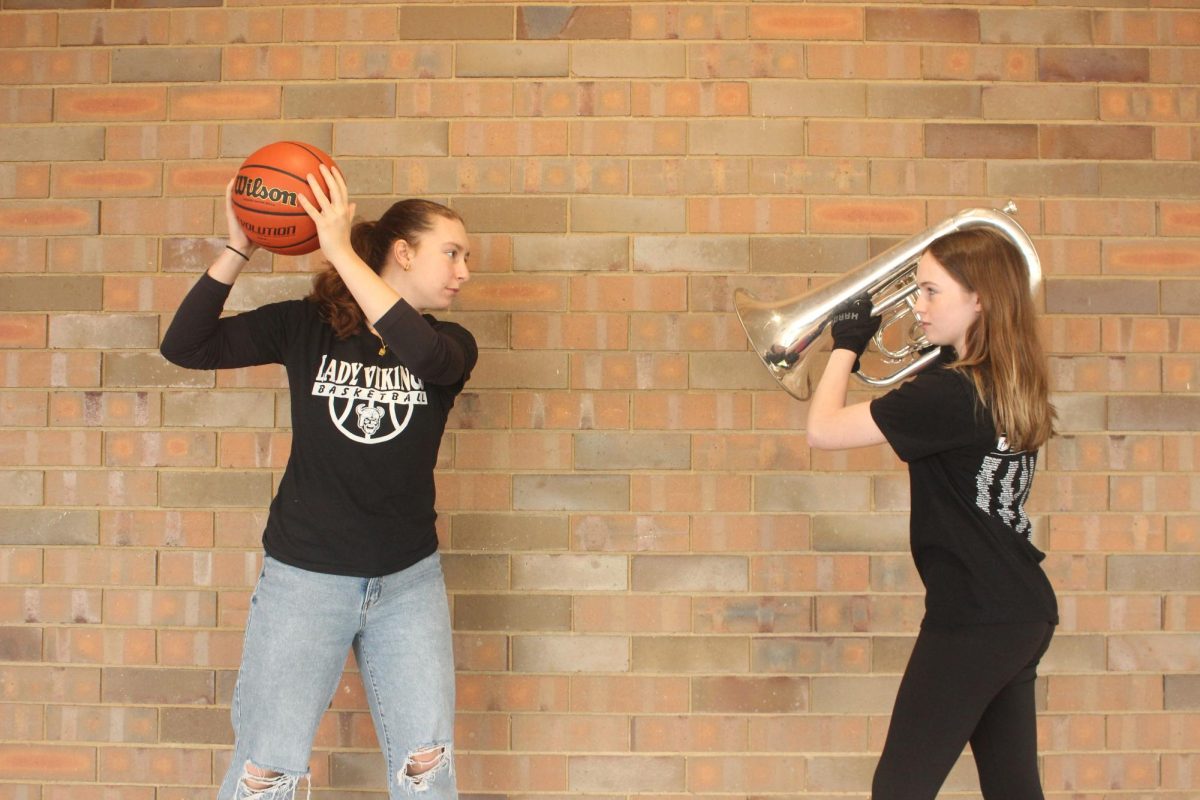Is Marching Band a sport?
The question of whether marching band is a sport has been a subject of heated debate for years. While some argue that it lacks the competitive intensity and physical demands of traditional sports, others maintain that it requires immense athleticism, discipline, and mental fortitude. This article will explore both sides of the argument, examining the various facets of marching band and analyzing its claim to the title of “sport.”
1. Cardiovascular Endurance:

Marching band members typically march for extended periods, often in hot and humid conditions. This requires significant cardiovascular endurance.
2. Muscular Strength and Endurance:
Playing a brass or woodwind instrument requires significant muscular strength and endurance in the lips, lungs, and core muscles.
3. Agility and Coordination:
Marching band members must learn complex drill routines that require precise timing, agility, and coordination.
4. Flexibility:
Many marching band routines incorporate intricate dance moves and high kicks, demanding flexibility and range of motion.

1. Discipline and Dedication:
Band members must dedicate countless hours to rehearsals and performances, often sacrificing social events and personal time.
2. Memorization and Focus:
Learning and memorizing complex music and drill routines requires significant mental focus and concentration.
3. Pressure and Performance:
Marching band competitions are high-pressure environments. Members must perform flawlessly under intense scrutiny from judges and the audience.
1. Collective Effort:
Each member plays a crucial role in the overall success of the band.
2. Communication and Cooperation:
Effective communication and cooperation between members are essential for executing intricate drills and achieving musical cohesion.
3. Shared Goals:
Band members strive towards common goals, such as winning competitions or achieving a high level of artistic expression.
1. Striving for Excellence:
Bands strive for excellence in all aspects of their performance, from musicality and visual presentation to overall show design.
2. Evaluation and Feedback:
Judges provide constructive criticism and feedback, allowing bands to identify areas for improvement and strive for higher levels of achievement.
3. Pursuit of Perfection:
The pursuit of perfection in every aspect of their performance drives band members to push their limits and achieve their full potential.
1. Focus on Artistic Expression:
The primary focus of marching band is often on artistic expression and musical performance rather than direct competition.
2. Subjective Judging:
Marching band competitions are often subjectively judged, with criteria that may vary between judges and competitions.
1. Emphasis on Precision:
The emphasis is on precision and synchronized movement rather than physical contact or aggressive play.
1. Variability in Judging Criteria:
This can lead to inconsistencies in judging and make it difficult to objectively compare performances across different competitions.
1. Emphasis on Creativity and Interpretation:
Marching band performances often involve creative interpretations of music and drill, emphasizing artistic expression and individual creativity.
The debate over whether marching band is a sport ultimately boils down to individual perspectives and definitions. While it may not fit neatly into traditional definitions of sport, it undoubtedly demands a high level of athleticism, discipline, and mental fortitude.
Marching band fosters teamwork, collaboration, and a strong work ethic. It provides a platform for artistic expression and encourages the pursuit of excellence. Whether labeled a sport or an art form, marching band offers valuable life lessons and provides a rewarding and enriching experience for countless individuals.
The evolving definition of “sport” in modern society.
This article has provided a comprehensive overview of the arguments for and against considering marching band a sport. It is important to remember that there is no single definitive answer, and the debate is likely to continue for years to come.


![Sportbike For Sale: [Brand] [Model] Sportbike For Sale: [Brand] [Model]](https://i1.wp.com/s3.us-east-2.amazonaws.com/usedbikesdirect.prod.public/images/vehicles/45f8926a-7285-4240-a44a-6219e537837b_91f27045-b539-4150-b71e-42157fc4150e.jpg?resize=200,135&ssl=1)